
Parsley is an excellent herb for seasoning dishes in the kitchen, its delicious aroma can increase anyone's appetite.
Well, it is not just an aromatic plant , it actually has nutritional and medicinal properties that contribute to good health.
It is known for its high content of vitamin C, as well as iron, folic acid, and other minerals. In this post we will talk about the benefits of consuming parsley and the precautions for its use.
What is parsley?
Parsley or Petroselinum crispum is a herbaceous plant of Mediterranean origin that is distributed as a condiment. However, it has diuretic , antioxidant, anti-inflammatory, antibacterial properties , as well as nutrients and vitamins. Therefore, we are dealing with a plant with medicinal properties.
The leaves, seeds and roots are used. It can also be consumed fresh or dehydrated.
Nutritional value of parsley
The nutritional value of 100 g of parsley provides the following values:
- Calories: 36
- Total fat: 0.8 g
- Cholesterol: 0 mg
- Sodium: 56 mg
- Potassium: 554 mg
- Iron 5g
- Carbohydrates: 6 g
- Protein: 3 g
Medicinal properties of parsley
Parsley is composed of active ingredients that provide properties that make it useful in the health field.
- It is rich in vitamin C,
- It has a vasodilatory effect,
- Vitamin B group (B9 or folic acid, and vitamin B2),
- It has vitamin K,
- It has diuretic power,
- It is an antioxidant.
Health benefits of parsley
Parsley is used to flavour food, but also to treat or prevent some health problems. This is due to its composition of healthy active ingredients, which include vitamins, nutrients and minerals. It is an ally for weight loss diets.
Below we will indicate the benefits of parsley on general health.
Strengthens the immune system
Its contribution of beta-carotene, vitamins and minerals strengthens the immune system. Only 100 g of parsley provides the amount of vitamin C that the body needs to boost its defenses. It also highlights its vitamin K content, essential for bone health.
On the other hand, it has antimicrobial properties , which helps fight some types of bacteria such as Staphylococcus aureus, Bacillus subtilis and Escherichia coli.
Prevents anemia
Just 25 grams of parsley can provide the amount of iron and folic acid needed for the formation of red blood cells.
Iron is involved in the development of red blood cells, and folic acid (folate) is involved in the development of cells (macrocytes). Therefore, its consumption is recommended to combat anemic conditions or prevent anemia.
Protect your eye health
The eyes are the window to the world, so it is necessary to keep them healthy. Well, parsley is good for eyesight because it contains carotenoids, which allows it to prevent eye diseases such as cataracts.
Similarly, parsley can reduce puffiness under the eyes or swollen eyelids, because it activates blood circulation. Its vitamin K composition promotes microcirculation in the eye area. At the same time, it helps counteract dark circles.
Take care of your skin's health
Among the properties of parsley, its antioxidant action and its contribution of vitamin C stand out , which encourages the formation of collagen. All these characteristics make parsley useful for skin care, providing firmness and preventing sagging, sun spots, and other related problems.
It is often used as a face mask, thus reducing wrinkles and blemishes on the face.
On the other hand, it is also beneficial for healing wounds or insect bites. It is worth noting that the chlorophyll present in parsley allows it to act as an anti-inflammatory for the skin, in fact, it can reduce bruising.
Helps lose weight
Parsley is a natural diuretic and also has a purifying action. At the same time, it contains no fat or calories, effectively combating fluid retention.
All of these qualities benefit the digestive system, lower cholesterol levels, among other benefits. For this reason, it is often added to green smoothies to lose weight quickly.
How to use parsley?
Parsley is a versatile herb that can be used in a variety of ways. In fact, if used as a daily seasoning, it offers overall health benefits.
-
Cooking. Raw green parsley is often used in cooking. It is used to season food. Among the culinary arts that stand out the most are fish and seafood stews, soups, as well as salads.
-
Tea or infusion. Pure dehydrated parsley combined with some green leaves is used to make tea or infusion to control hypertension. It should be noted that in this form some of its properties are lost.
-
Green juice . It is used in combination with orange, apple, cucumber and coconut water to enhance its antioxidant action. Green juices help you lose weight.
-
Cosmetics. Parsley promotes beautiful skin (blemishes and acne) and fights hair loss. It is used in some cosmetic products as an essential oil, creams, shampoos, etc. It can also be used naturally as homemade masks.
Contraindications of parsley
Parsley is very beneficial for health. However, it is contraindicated in some patients. Likewise, some precautions should be taken when using it.
- Kidney disease. Patients with kidney disease should avoid it, as it may increase the risk of developing kidney stones or even worsen the clinical picture of such patients.
- Blood clotting medications. Should not be used if you are taking blood clotting medications.
- Pregnancy. It is not recommended for use during pregnancy as it may cause uterine contractions, leading to miscarriage.
In short, parsley is an ally for losing weight, fighting anemia, and preventing health problems in general. But it should be taken with caution. If you have any doubts, we recommend consulting a trusted doctor.



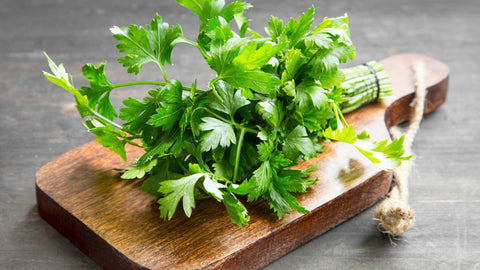





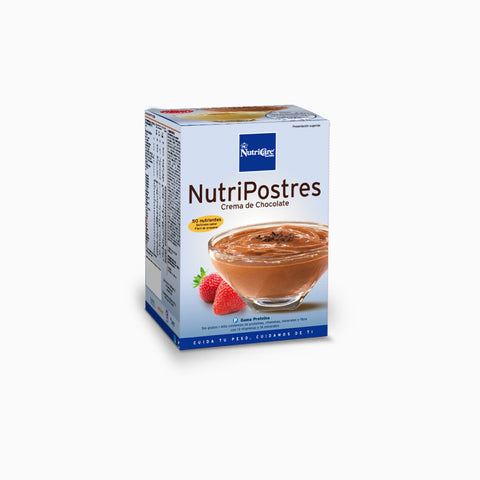
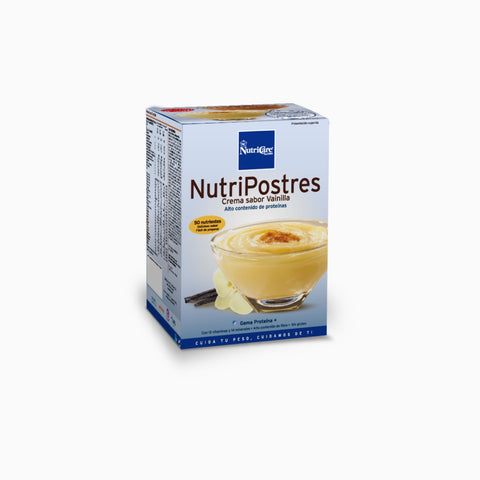
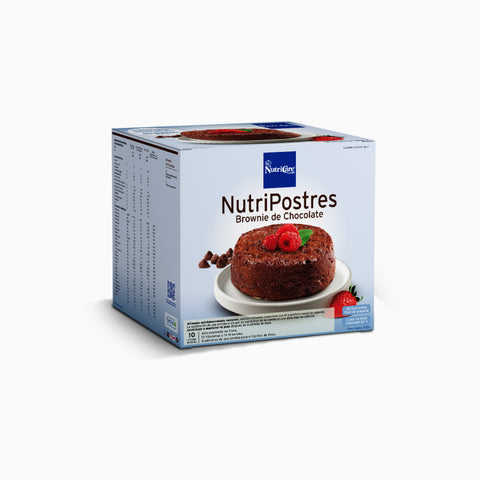
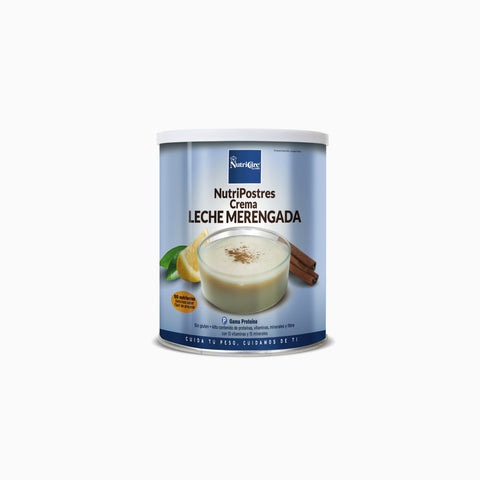


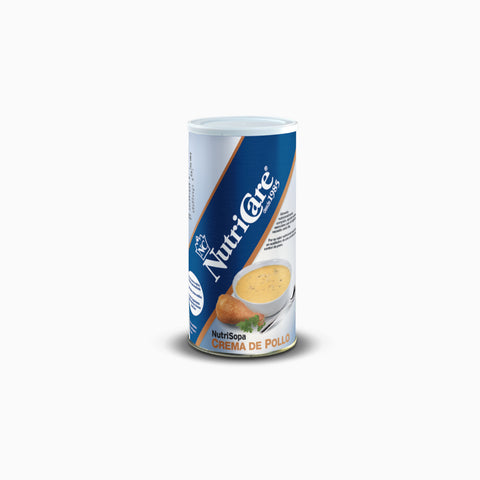
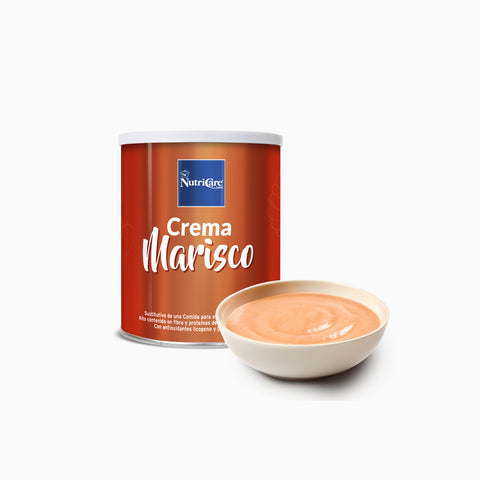
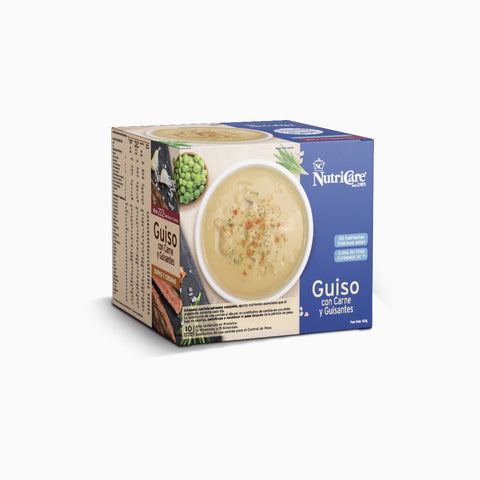


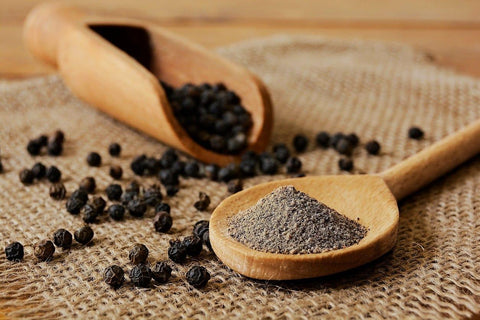
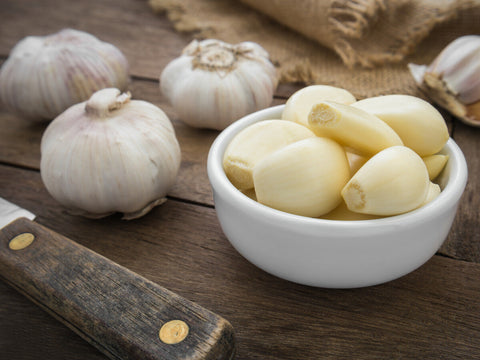
Comments (0)
There are no comments for this article. Be the first one to leave a message!